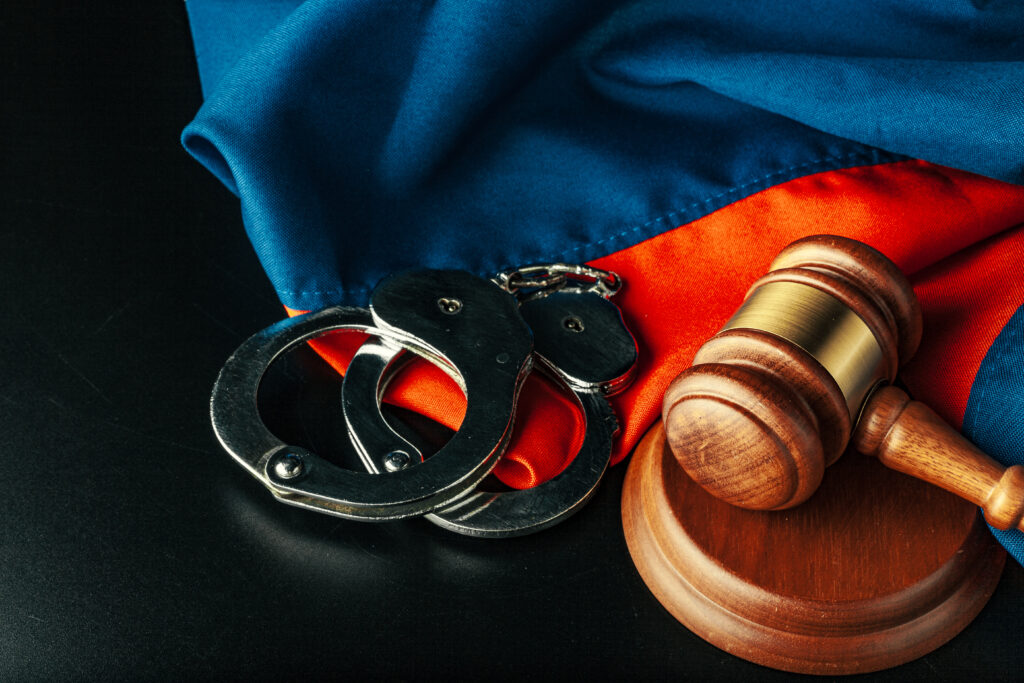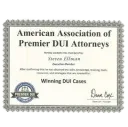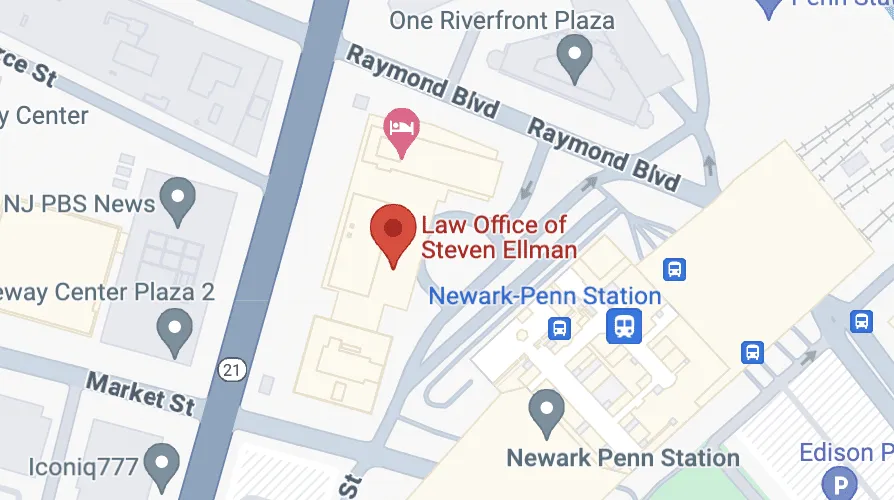DUI charges in New Jersey are serious. If you are convicted of a DUI, you will have your license suspended and pay a fine — at a minimum. Additional penalties could include jail time at the discretion of the court or community service for later offenses.
Furthermore, a DUI conviction may have an impact on your life beyond the criminal justice system. Your employer could fire you, or you could find it more difficult to find housing or qualify for credit.
The consequences of getting convicted of a DUI are usually quite severe, even if a judge doesn’t throw the book at you. Because the consequences can be so serious, it is best to avoid a conviction. The following are things you should and shouldn’t do if you want to improve your chances of acquittal.
Do: Stay Calm
Many people react poorly when arrested. They may blurt out things that harm their case or have a panic attack.
While getting arrested is stressful, you should do your best not to panic. Try to remain as calm as possible. This will help you make smart decisions throughout the arrest
Don’t: Refuse a Breathalyzer Test if You Haven’t Been Drinking
When a police officer has probable cause to believe you are driving under the influence, they can demand that you take a breathalyzer test. Implied consent laws require the police officer to read you a standard statement that explains your rights and your duty.
After the police officer has finished reading it, you must provide an immediate response. If you give any response other than an affirmative one, you will also be charged with refusing a breathalyzer test.
Unfortunately, the penalties for this offense are similar to the penalties for a DUI, and you can be found guilty of it even if you haven’t been drinking. So refusing the test when you haven’t been drinking will likely just hurt your case.However, someone who has been drinking might be better off refusing the test. Refusing a breathalyzer test is a traffic offense that has different implications than a DUI. If a driver is certain they would test positive, they might be able to avoid a criminal record by refusing and accepting a license suspension.
Do: Ask for a Lawyer
A DUI is a criminal charge. You have the right to be represented by a DUI defense lawyer when facing criminal charges. The sooner you ask to speak to a lawyer, the sooner you are protected from making a mistake during a police interrogation.
Don’t: Volunteer Anything Other Than Your Credentials
In the military, if you are captured, you should only provide the enemy with your name, rank, and serial number. The same rule effectively applies to getting arrested. Give the police your driver’s license, insurance information, and vehicle registration. You may also need to provide your phone number if it doesn’t appear on any of those documents.
Beyond that, you should keep your mouth shut. Even saying that you didn’t do anything wrong is sharing information that you don’t need to share. Worse than that, willingly speaking to a police officer about anything can be seen as you waiving your right to remain silent.
Do: Obey Officer Instructions
This one is tricky. Officers only have the right to tell you to do certain things. However, unless you have a background in criminal defense, you likely won’t know the difference between a lawful instruction and an unlawful one. The best way to protect yourself is to follow all instructions and carefully note what the officer says.
Once you get a chance to speak with an attorney, tell them exactly what instructions the officer gave you and what you did. If the officer violated your rights, your attorney can use that information in your defense.
Don’t: Talk About Your Case With Others
Between when you are charged and when your trial occurs (or your attorney negotiates a plea bargain), you will likely be free to live your normal life. Do not talk about your case with anyone during that time. More importantly, don’t post details about it on social media. Anything you say or post can be used against you in court.
Contact the Law Office of Steven Ellman for DUI Offenses
If you have been charged with a DUI offense, your actions could have a serious impact on whether you are convicted or not. Protect yourself by contacting our law firm as soon as possible and requesting a consultation with an experienced DUI defense attorney.














